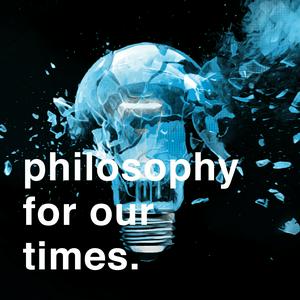An individual "is responsible for everything he does," claimed Sartre. And from criminal justice to creative expression, free will and responsibility are central to our culture and our personal lives. Yet neuroscientists and materialist thinkers commonly maintain that freedom is an illusion. And it remains unknown how the core principles of freedom and responsibility can be reconciled with this outlook. Many attempts have been made to argue that the two seemingly contradictory frameworks can be made compatible. But critics say these "compatibilist" arguments are unconvincing and are driven merely by the attempt to make scientific materialism acceptable. Furthermore, whilst surveys suggest most materialist philosophers believe we can reconcile the two, the majority of us reject the idea that an action can be both determined and free.
Paul Bloom is a Canadian-American psychologist, bestselling author, and celebrated speaker. He is Professor Emeritus at Yale and a professor at the University of Toronto. Bloom’s work explores human nature, morality, and pleasure.
Joining us from California is Robert Sapolsky. Sapolsky is a distinguished neuroscientist, primatologist, and author, best known for his research on stress and its impact on behaviour and health. He is also a professor at Stanford University.
Lucy Allais is a philosopher at Johns Hopkins University and the University of the Witwatersrand, renowned for her work on Immanuel Kant. Her writing spans ethics, metaphysics, and political philosophy.
Please do email us at
[email protected] with any of your thoughts or questions on the episode!
To witness such debates live buy tickets for our upcoming festival: https://howthelightgetsin.org/festivals/
And visit our website for many more articles, videos, and podcasts like this one: https://iai.tv/
You can find everything we referenced here: https://linktr.ee/philosophyforourtimes
See Privacy Policy at https://art19.com/privacy and California Privacy Notice at https://art19.com/privacy#do-not-sell-my-info.


